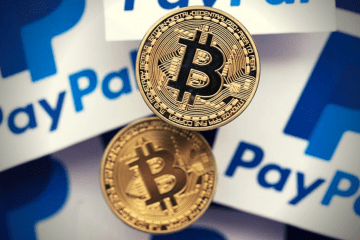Banks can now hold Bitcoin: Behind the OCC’s big decision and why it matters
Big banks have long held precious objects on behalf of their customers—from jewels in safe-deposit boxes to shares of stock. Now, thanks to a new policy by a federal banking regulator, they will be able to hold cryptocurrencies like Bitcoin too.
The new policy is set out in a letter published on Wednesday by the Office of the Comptroller of the Currency (OCC). The letter, addressed to an unnamed bank, stated that national banks and savings associations can engage in so-called custody services for their clients.
The news is significant because regulatory uncertainty has until now led major banks to avoid Bitcoin. What’s more, the bylaws of many big investment funds, including pension funds, oblige them to park clients’ money only with federally chartered banks. As the research group Coin Center notes, this amounts to a de facto ban on cryptocurrency.
The upshot is that big banks now have a green light to open crypto operations. If they do, they will likely begin by focusing on custody services, which until now have been the purview of crypto-focused companies like Coinbase and BitGo.
Custody is important in the world of crypto since currencies like Bitcoin are entirely digital, making them easy to steal. Being a custodian entails storing the so-called private key that provides access to a given digital wallet.
As the OCC notes in its letter, banks already offer to safeguard other digital items on behalf of their clients. This includes offering “secure web-based document storage, retrieval, and collaboration of documents and files containing personal information.”
Custody of cryptocurrency also has the potential to be a lucrative line of business, given that the market cap of Bitcoin is around $170 billion, and that custodians typically charge fees of around 0.25% to keep it safe.
The OCC letter also opens the door for banks to offer more exotic services such as “staking”—a form of proxy voting for certain cryptocurrencies—and crypto lending. Such activity is tiny in the context of the broader financial system, but has become increasingly important in the crypto industry.
All of this raises the question of whether banks will seek to build their own cryptocurrency divisions or seek to acquire some of the numerous crypto startups in the U.S.
In the meantime, one influential crypto entrepreneur, Barry Silbert—who runs the large conglomerate called Digital Currency Group—took to Twitter to express his pleasure with Wednesday’s development.
I’m looking forward to getting my ass kissed by all the banks now
— Barry Silbert (@barrysilbert) July 22, 2020
Source: fortune.com


